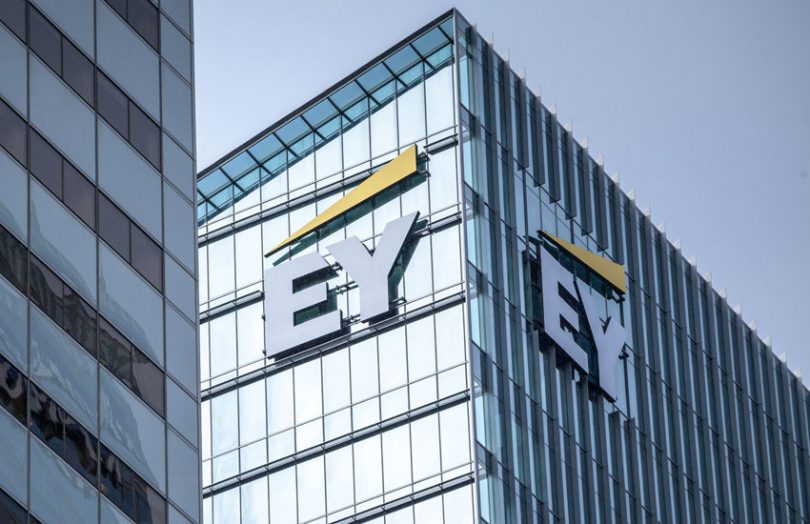Yesterday EY announced the latest iteration of its Zero Knowledge Proof (ZKP) technology which is used to enable private transactions on public blockchains. The open-sourced improvement of Nightfall focuses on scalability, after its first release last year.
Public blockchains such as Bitcoin and Ethereum were designed to be transparent with the only protection that users identities were opaque or pseudonymous. But it’s proven easy to identify users. This lack of privacy alongside scalability and governance concerns are significant impediments to enterprise adoption of public blockchains.
Zero Knowledge Proof technology is one of the key privacy solutions being used to address both privacy and scalability. It enables a question to be answered without revealing details. For example, is a person over 18 without disclosing their identity or age. It can verify that a company owns a particular asset it wants to sell without revealing the firm’s name. And in EY’s case, it can enable private transactions on public blockchains.
But apart from blockchain scalability concerns, ZKP in itself has scalability issues because its calculations are demanding on a computer’s processor. Given public blockchains such as Ethereum charge “gas” for processor intensive calculations, it also makes ZKP expensive.
Hence EY’s latest solution batches up to 20 transactions and processes them together. The net effect is a 400-fold improvement (at constant transaction pricing) in the cost of ZKP compared to the EY prototype published last year. The combination of ZKP and batching is also seen as one of the solutions to Ethereum’s scaling issues. EY said it would be unveiling more ZKP and batching solutions in the coming months.
“This technology is perhaps the most important EY blockchain milestone in making public blockchains scalable for the enterprise,” said Paul Brody, EY Global Blockchain Leader.
“In the prior iteration released in April 2019, public blockchains were already getting competitive with private networks. With this iteration, we cut the cost per transaction by more than 90% again, making private transactions more accessible for mainstream business application.”
This ZKP solution can also add an extra layer of privacy to private blockchains.
Meanwhile, the EY leader is a major proponent of public blockchains and Ethereum in particular. The consultancy’s strategy is to provide only Ethereum-based solutions, both public and private. “I believe we will look back upon the industrialization of ZKPs as a key milestone in the wide enterprise migration from private to public blockchains,” said Brody.
“Organizations are increasingly seeing the potential for public blockchains, with 75% of enterprises likely to use these networks in the future. The third-generation EY ZKP technology brings us even closer to private and secure transactions on the public blockchain.”
Brody also believes that scalability concerns over public blockchains are over-stated. In a Reddit post two weeks ago, he commented: “so many people misunderstand scalability and that most of that talk about Eth (Ethereum) is just fear mongering by the private blockchain crowd.”
The firm recently commissioned Forrester to run a survey about enterprise attitudes to public versus private blockchains.
The consultancy has recently unveiled a blockchain solution for government spending and two client projects, a wine marketplace and another for car services in Australia.






